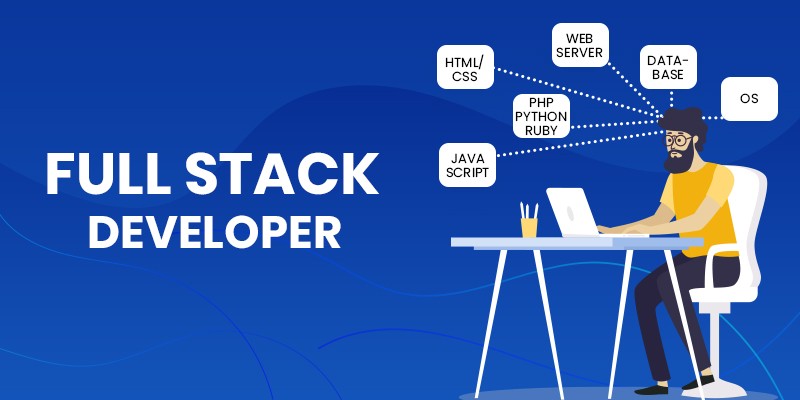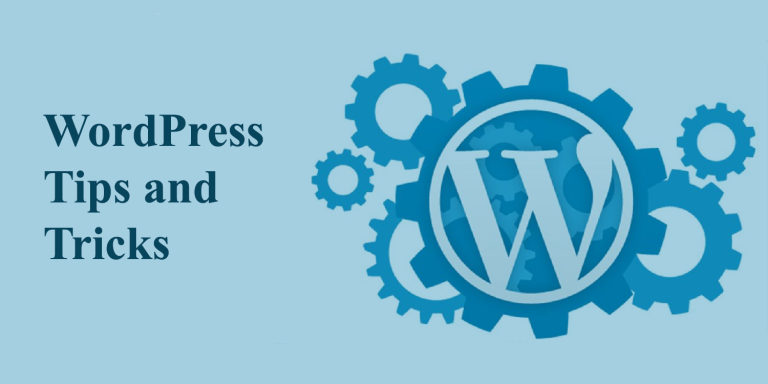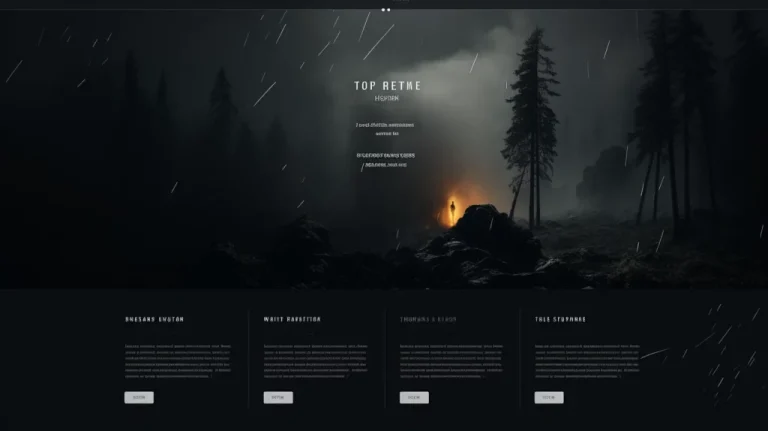What is Full Stack Development ? A Complete Guide
Full stack development is a crucial concept in software engineering. It provides a complete approach to constructing web applications. In this article, we’ll explore full stack development, including its definition, necessary skills, tools, benefits, challenges, career prospects, and future trends.
In the ever-changing field of web development, full stack development is notable for covering both frontend and backend technologies. It allows developers to build complete solutions, from designing interfaces to handling databases and servers.
Table of Contents
What is Full Stack Development?
Full stack development involves effectively managing both client-side and server-side aspects of web applications. It includes working with frontend technologies like HTML, CSS, and JavaScript, as well as backend technologies such as Node.js, Python, or Ruby on Rails.
A typical full stack developer is skilled in frontend development, backend development, and database management. They have a versatile skill set that enables them to handle the entire software development lifecycle.
Skills Required for Full Stack Development
Frontend Development Skills
Frontend developers focus on creating visually appealing and user-friendly interfaces using technologies like HTML, CSS, and JavaScript. They are adept at responsive design and ensuring cross-browser compatibility.
Backend Development Skills
Backend developers handle the server-side logic of web applications, implementing business logic, database interactions, and authentication mechanisms. They often work with frameworks like Express.js, Django, or Spring Boot.
Database Management Skills
Proficiency in database management is essential for full stack developers to effectively store, retrieve, and manipulate data. They are familiar with relational databases like MySQL, PostgreSQL, as well as NoSQL databases like MongoDB.

Tools and Technologies Used in Full Stack Development
Frontend Technologies
Full stack developers use frameworks and libraries like React, Angular, or Vue.js to create dynamic and interactive user interfaces. They also employ tools such as Webpack and Babel to bundle and transpile code.
Backend Technologies
In backend development, full stack developers use frameworks such as Express.js for Node.js, Django for Python, or Laravel for PHP. These frameworks offer powerful features for constructing scalable and secure web applications.
Database Technologies
In managing databases, full stack developers handle relational databases such as MySQL, PostgreSQL, and SQLite. They also explore NoSQL solutions like MongoDB, Redis, or Cassandra for managing unstructured data.
Benefits of Full Stack Development
Versatility
Full stack developers can efficiently work on both frontend and backend aspects of web development. This streamlines the development process and encourages teamwork collaboration.
Efficiency
Full stack developers, with their comprehensive understanding of the software stack, can efficiently pinpoint and resolve issues. This results in quicker development cycles and enhanced project delivery.
Cost-effectiveness
Hiring full stack developers can be cost-effective for organizations, as they possess a wide range of skills, reducing the need to hire multiple specialists for frontend, backend, and database development.

Challenges in Full Stack Development
Complexity
Managing multiple technologies and frameworks simultaneously can be challenging for full stack developers, requiring them to stay updated with the latest trends and best practices in both frontend and backend domains.
Continuous Learning
The technology landscape is always changing, so full stack developers must continuously learn and enhance their skills to remain relevant in the competitive market.
Security Concerns
As cyber threats become more sophisticated, securing web applications is essential. Full stack developers must be proactive in implementing robust security measures to safeguard sensitive data.
How to Become a Full Stack Developer
Formal Education vs. Self-Learning
While some full stack developers pursue formal education in computer science or related fields, many others opt for self-learning through online courses, tutorials, and hands-on projects.
Online Resources and Courses
Many online platforms, including Coursera, Udemy, and Codecademy, provide extensive courses on full stack development. These courses cover various technologies and frameworks comprehensively.
Building Projects
Practical experience is vital for mastering full stack development. Aspiring developers should build real-world projects to apply theoretical knowledge and refine practical skills.

Career Opportunities in Full Stack Development
Job Roles
Full stack developers can explore various job roles such as web developer, software engineer, or application architect in diverse industries ranging from e-commerce to finance and healthcare.
Industry Demand
The demand for full stack developers is rapidly increasing, as organizations look for professionals capable of navigating the entire software development lifecycle efficiently and contributing to project success.
Salary Insights
Salaries for full stack developers vary based on factors like experience, location, and industry. However, on average, full stack developers command competitive salaries due to their versatile skill set and high demand in the job market.
Future Trends in Full Stack Development
Emerging Technologies
As technology evolves, full stack developers must stay updated on emerging trends like artificial intelligence, machine learning, and blockchain. These advancements are reshaping the future of web development.
Remote Work Culture
The rise of remote work has opened up opportunities for full stack developers to collaborate with global teams and work on projects from anywhere in the world, fostering a more flexible and inclusive work culture.
Specialization vs. Generalization
While full stack development emphasizes a broad skill set, some developers may choose to specialize in specific technologies or domains to establish niche expertise and differentiate themselves in the market.
Conclusion
Full stack development offers a comprehensive approach to building web applications, empowering developers to seamlessly navigate through frontend, backend, and database aspects of software development. By acquiring versatile skills, staying updated with emerging technologies, and embracing continuous learning, aspiring full stack developers can embark on a rewarding career journey in the ever-evolving tech industry.
Read More Back End Development : Complete Guide
FAQ’S
Is it necessary to have a degree to become a full stack developer?
No, a formal degree is not always necessary. Many full stack developers are self-taught or have completed online courses to acquire relevant skills.
What are some popular frameworks used in full stack development?
Popular frameworks include React, Angular, Vue.js for frontend development, and Express.js, Django, Laravel for backend development.







